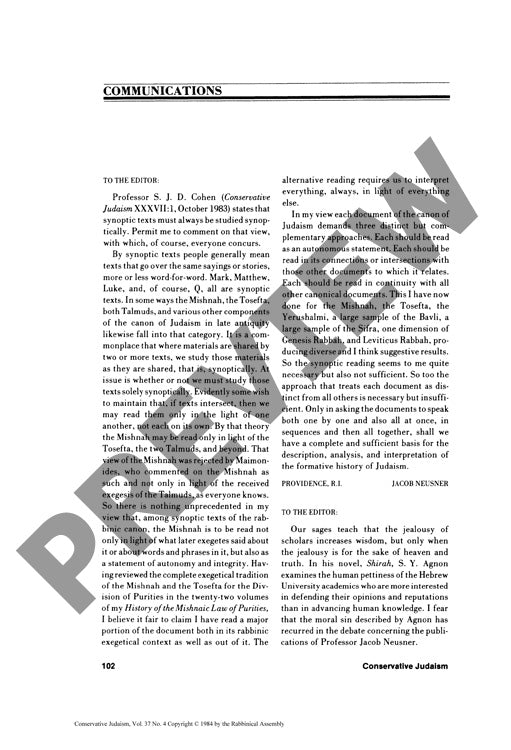Communications
Couldn't load pickup availability
Understanding ancient Jewish texts demands both granular and holistic analysis - a tension that Jacob Neusner addresses through his innovative three-part interpretive framework. His methodology proposes examining each canonical document as a standalone religious statement while simultaneously tracing its connections to related texts and its place within Judaism's broader canonical tradition. When applied to major rabbinic works like the Mishnah, Tosefta, Yerushalmi, Bavli, Sifra, Genesis Rabbah, and Leviticus Rabbah, this multi-layered approach reveals insights obscured by purely synoptic or isolated readings. Through analysis of scholarly debates and correspondence regarding Neusner's treatment of the Mishnah, the research demonstrates how viewing texts both autonomously and within their canonical context provides a more comprehensive foundation for understanding Judaism's formative history. This balanced methodological approach proves essential for accurately describing and interpreting ancient Jewish religious thought and practice, transcending the limitations of previous scholarship that relied on single-lens textual analysis.

More Information
-
Physical Description
-
Publication Information
Published 1984
ISBN
-
Publication Credits

